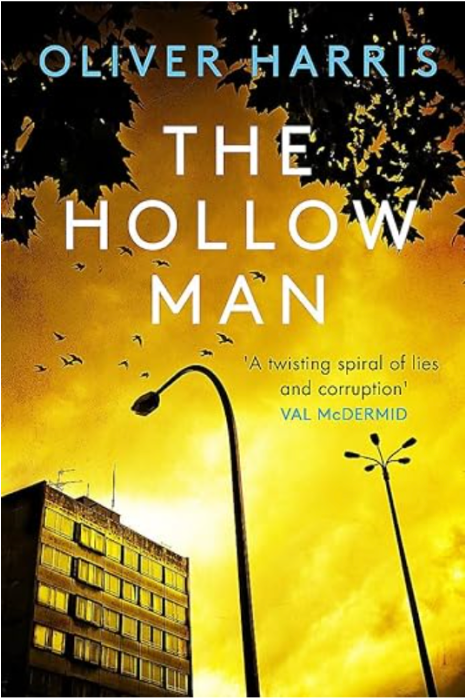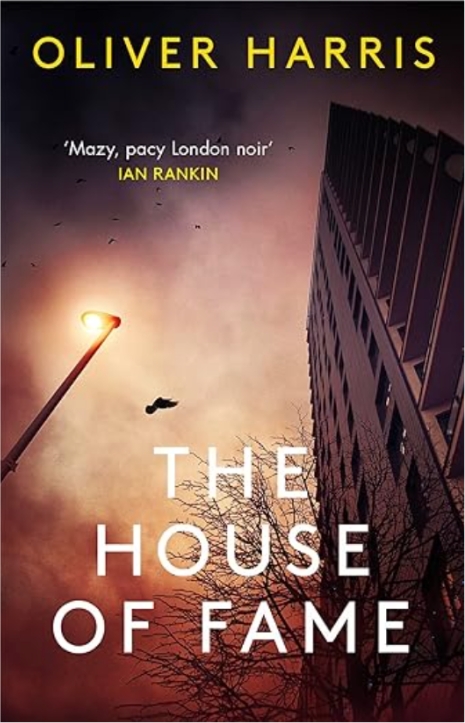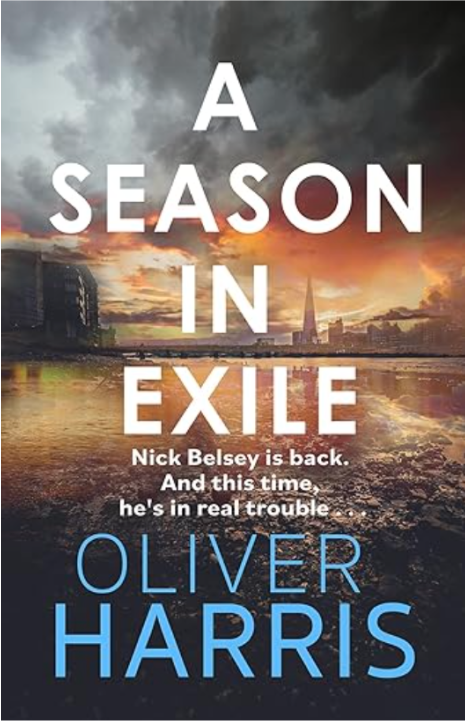Menu
Menu
—
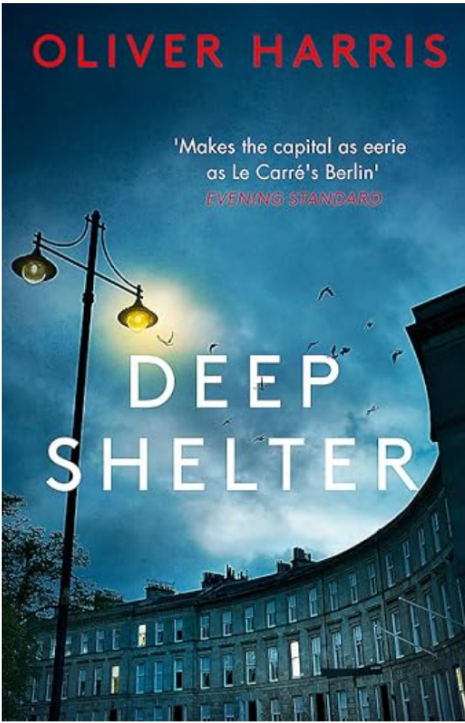
Monday 10 June, end of a hot day. The city had started drinking at lunchtime and by 3 or 4pm crime seemed the only appropriate response to the beauty of the afternoon…At quarter to five he felt his contribution to law and order had been made. He parked off the high street, sunk two shots of pure grain vodka into iced Nicaraguan espresso and put his seat back. In an hour he’d be off duty, and in a couple more he’d be on a date with an art student he’d recently arrested for drugs possession…
London is steaming under a summer of filthy heat and sudden storms – and Detective Nick Belsey, of Hampstead CID, is trying to stay out of trouble.
But then somebody sets him a riddle. How does a man walk into a dead-end alley and never come out?
And then reappear – to snatch a girl, to dump a body beneath a London skyscraper, to send Belsey a package of human hair.
The answer lies underground, where the secrets degenerating beneath the city’s sickly glitter are about to see the light of day.
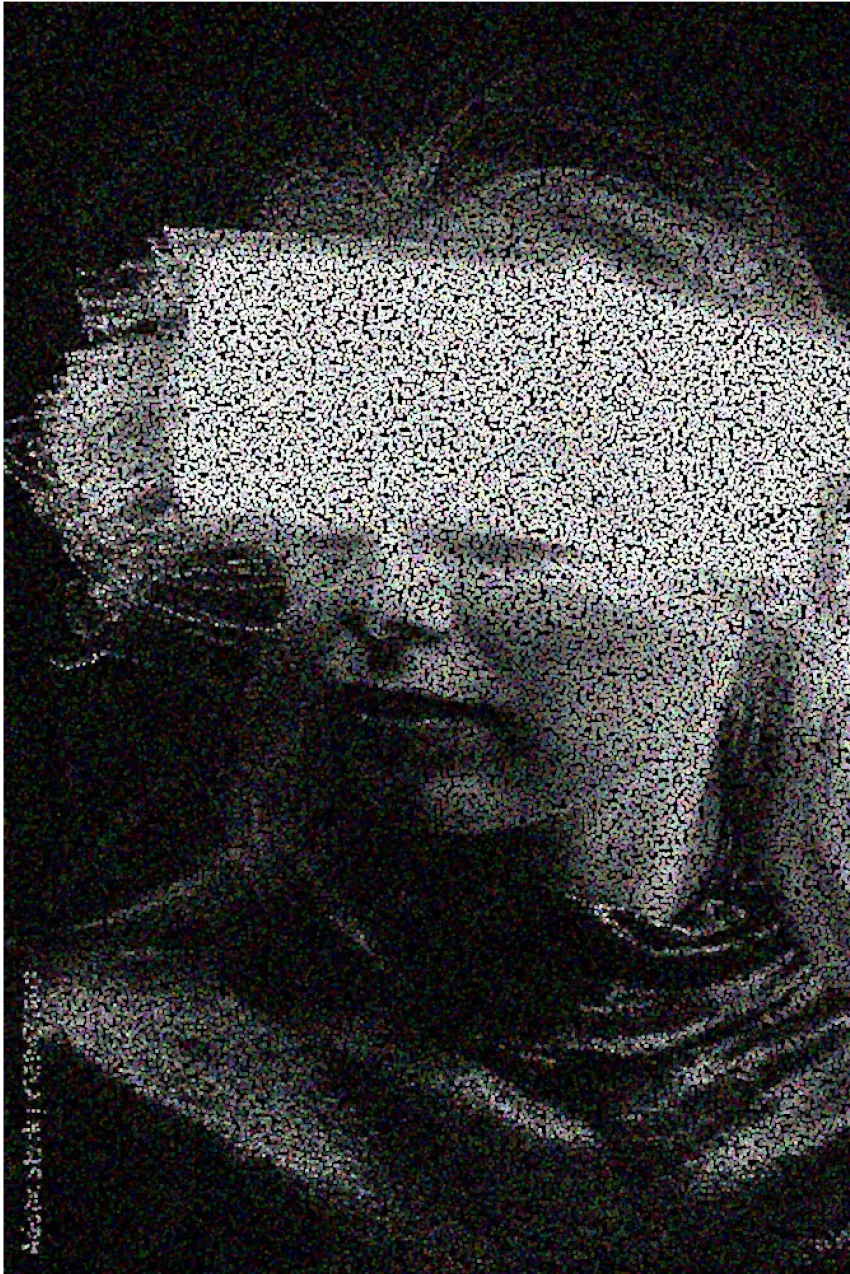
‘Makes the capital as eerie as Le Carré’s Berlin.’
‘Relentless…explosive.’
‘A lot of thrillers, in spite of the claims of their publishers, are very easy indeed to put down. This one, pure literary Araldite, isn’t. Harris is a gin-dry, Chandleresque kind of a writer; and his detective, Detective Constable Nick Belsey, is a brilliant mess… But it’s the atmosphere of Deep Shelter that really works, especially if you’re of an age to have spent your childhood worrying about nuclear bombs. The singular topography of London and the terrors and long-buried secrets of the cold war are so superbly evoked. Truly, if John le Carré and the shade of Patrick Hamilton had got together, this might be the result.’
‘Deep Shelter hooked me right from the start and I ended up writing off an entire day just so I could finish it in one sitting… After reading this, you’ll never look at the ground beneath your feet in quite the same way ever again. And don’t dismiss the central premise as unbelievable either. It’s all too close to the truth in a lot of places.’
‘Thrills, spills and fine writing.’

Extract from the book
He was trying to get a moment’s peace when the car appeared. Monday 10 June, end of a hot day. The city had started drinking at lunchtime and by 3 or 4 p.m. crime seemed the only appropriate response to the beauty of the afternoon. Belsey’s shift had consisted of two stabbed fourteen-year-olds and a disgruntled customer attacking his local pub with an electric drill. At quarter to five he felt his contribution to law and order had been made. He parked off the high street, sunk two shots of pure grain vodka into iced Nicaraguan espresso and put his seat back. In an hour he’d be off duty, and in a couple more he’d be on a date with an art student he’d recently arrested for drugs possession. All he had left to do, so he thought, was avoid getting any more blood on his suit.
The BMW tore into view before he’d taken a sip. There was a screech of tyres; someone screamed. Belsey watched it skid around the corner of Heath Street, almost tipping onto two wheels. Pedestrians dived off the crossing. A taxi swerved to avoid it, drove through the window of Gap Kids.
Belsey stuck his sirens on. He jammed his drink in the holder and swung back onto the high street, lifting his radio.
‘Got a pursuit: silver BMW heading south on Rosslyn Hill. Possible injured up by Hampstead tube.’
Still no other sirens. Belsey sighed, raised his seat and took his own car over sixty. The force owned good Skodas tweaked for high-speed driving. This wasn’t one of them. He could hear the control room trying to scramble back-up, but no one was nearer than a mile away. You and me, he thought. He kept tight with the car as they approached Belsize Park. It looked like the driver was alone.
The BMW stuck to the high street. Which was odd. There were emptier roads if he wanted an escape but the driver had a plan, or liked having an audience. Or he didn’t give a fuck, was high, having the time of his life; sun’s up, steal a car. Belsey waved for him to pull over. It was optimistic. They crashed through a set of red lights at the junction with Pond Street and Belsey knew someone was going to get killed. He prepared to abandon the pursuit.
Then the driver braked.
The BMW skidded straight over the crossing. Belsey veered to the side, clipped a minibus and swung to a stop twenty metres further down the hill. He grabbed his cuffs as the BMW’s door opened and a white man in black gloves jumped out. The driver pulled up a hood, grabbed a black rucksack from the car.
‘Pursuit on foot,’ Belsey radioed. ‘Belsize Park.’
The man barged through pedestrians. But he was off home ground, it seemed: he sprinted into an alleyway at the side of Costa Coffee. Belsey knew it was a dead end. He took the clip off his spray and turned the corner.
Something swung towards his face. Belsey lifted his arm. Metal slammed into his elbow and then his left cheek. He turned, dropping the spray, blinded with pain. He heard the man run deeper into the cul-de-sac. Belsey made sure he was still blocking the only way out.
He extended his arm. It worked. He had vision. He picked up his spray and turned back to the alleyway, face throbbing.
‘Police! Come out with your hands in front of you!’
The alleyway ended at a patch of concrete behind the coffee shop. It was sometimes used for parking, with space enough to squeeze in three or four cars. But no one was parked there now. There was no suspect either, just weeds fringing cracked tarmac.
